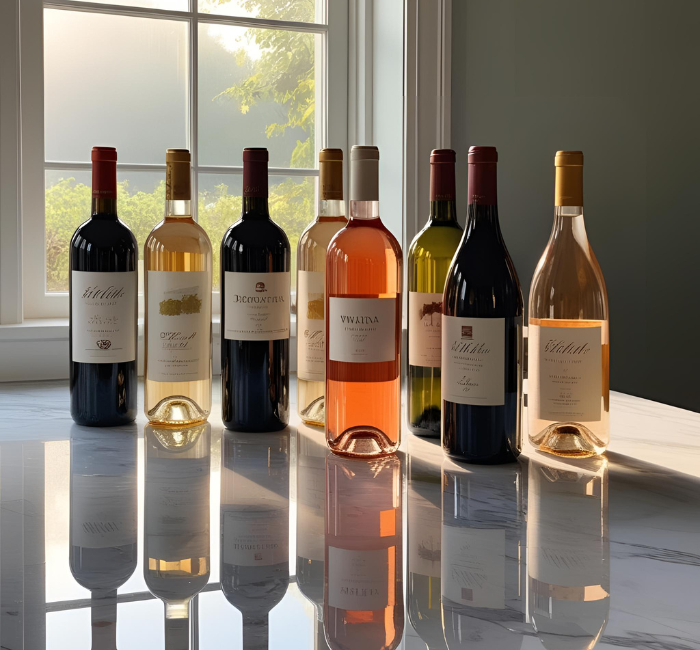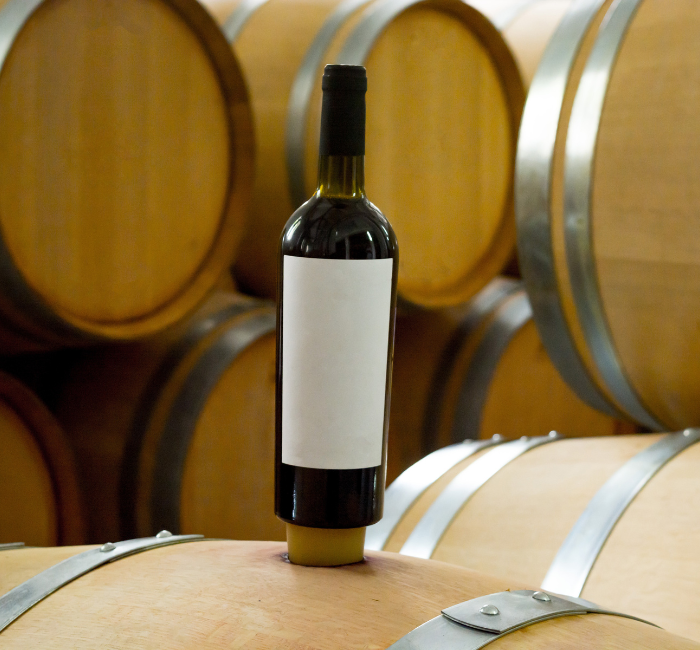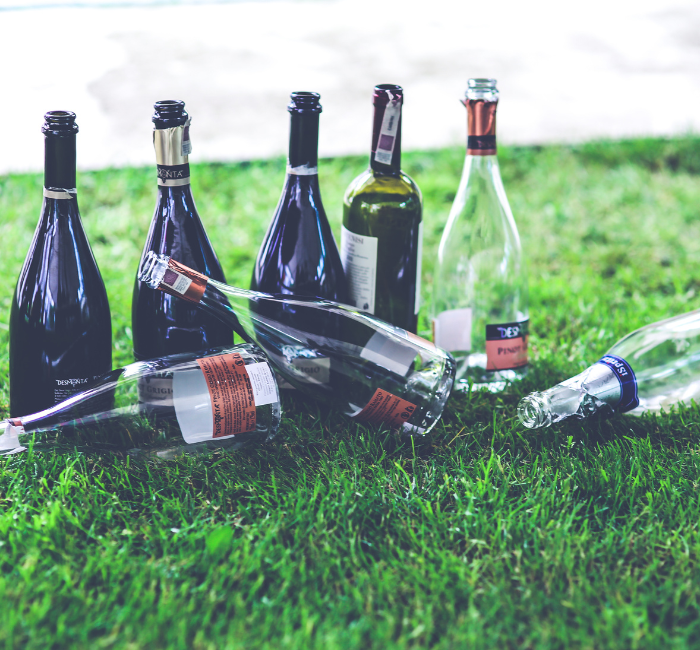Wine has been stored and served in glass bottles for centuries. But with the rise of alternative packaging like cans, boxes, and even paper bottles, some might wonder: why is glass still the go-to choice for wineries around the world?
While modern packaging options are lighter, cheaper, and sometimes more sustainable, the wine industry continues to lean on tradition—and for some compelling reasons.
Let’s break down why glass bottles remain essential, despite all the innovation in wine packaging.
Glass Bottles Preserve Wine Quality Better Than Other Packaging

One of the main reasons the wine industry sticks with glass is because it’s the most reliable material for preserving wine’s flavor and structure.
Glass is impermeable, meaning no air, moisture, or other contaminants can get through and ruin the wine.
It doesn’t react chemically with the wine, unlike plastic or metal, which can alter the taste over time.
UV-resistant dark glass helps protect wine from light exposure, which can break down compounds and cause spoilage (source: Wine Spectator).
For age-worthy wines in particular, glass is still the safest bet for long-term storage.
Consumer Expectations Still Favor the Traditional Glass Bottle

Even as eco-friendly trends grow, many consumers still expect wine to come in a glass bottle—especially premium wine.
Perception matters: People associate glass bottles with quality, tradition, and authenticity.
Restaurants and wine bars also prefer serving wine in bottles because of presentation and perceived value.
According to a 2022 survey, nearly 80% of wine drinkers prefer bottles over cans or boxes, citing tradition and aesthetics (source: Wine Intelligence).
So while cans and boxes are gaining ground for casual or on-the-go drinking, glass still dominates formal and luxury settings.
Glass Bottles Support Aging and Cellaring, Unlike Most Alternatives

Not all wines are meant to be aged, but for those that are—glass bottles with cork closures are still the gold standard.
Wine ages slowly through micro-oxygenation when sealed with a natural cork.
Glass doesn’t degrade or leach over time, making it perfect for cellaring wines for 5, 10, or even 50 years.
Alternatives like cans, PET plastic, or bag-in-box formats have shorter shelf lives and are typically suited for wines meant to be consumed within a year.
Wineries that produce age-worthy vintages simply don’t have a better option than glass.
Glass Is Widely Recyclable and Has a Long Lifecycle

While glass bottles are heavier and energy-intensive to produce, they are also infinitely recyclable without losing quality.
Unlike plastic, which degrades each time it's reused, glass can be melted and reformed endlessly (source: Glass Packaging Institute).
Many countries have robust glass recycling systems in place.
In some regions, returnable glass bottle programs help reduce carbon footprints by reusing bottles multiple times.
When recycled properly, glass bottles offer a closed-loop system that supports sustainability.
Why Glass Still Makes Sense for Winemakers and Wine Lovers
Despite pressure from eco-conscious consumers and shipping cost concerns, glass bottles continue to serve a purpose no alternative has fully replaced.
They protect the wine, appeal to tradition, and support long-term storage—things that matter deeply to both producers and wine drinkers.
For casual occasions, wine in cans or boxes may do the trick. But for quality, longevity, and experience, glass still reigns supreme.